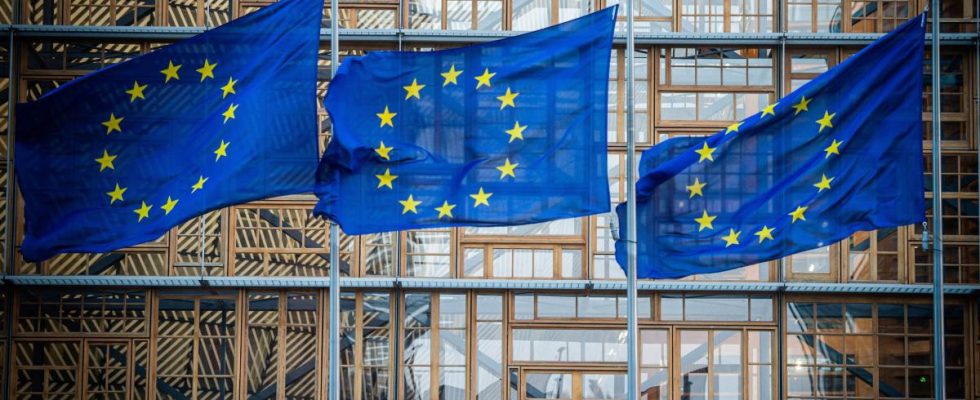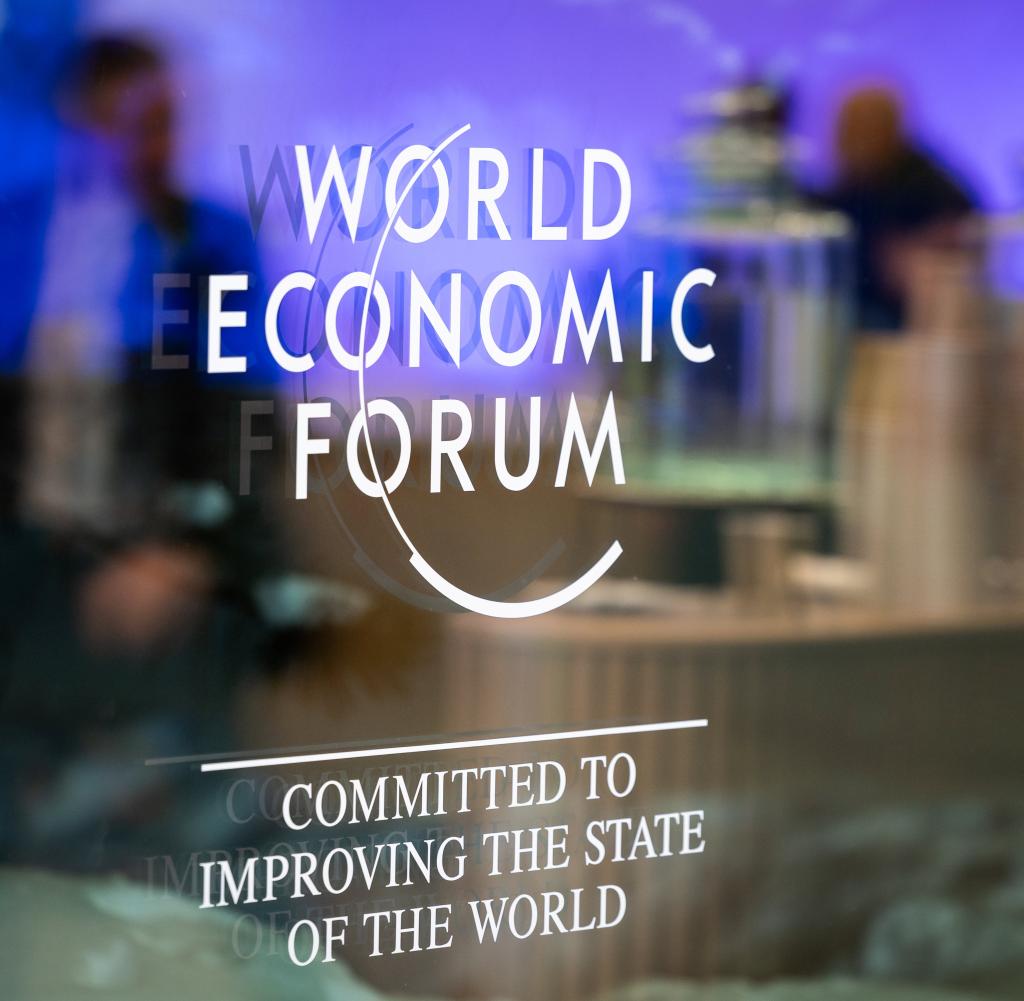Profits from frozen Russian billions should go to Ukraine
“There is hope that the Taurus cruise missiles will come from Germany”
Ukraine should get more money from Germany. Defense Minister Boris Pistorius has confirmed aid worth at least eight billion euros. WELT reporter Ibrahim Naber reports from Kiev on the Ukrainian government’s reactions to the additional support.
Interest profits from Russians’ frozen assets worth billions are to flow to Ukraine. The EU countries want to make this possible. It is expected to be worth billions.
DThe EU countries want to pass on interest profits from frozen Russian assets to Ukraine in the future. The ambassadors of the member states agreed in Brussels on a proposal according to which the interest profits from Russian funds must be recorded separately in a first step, as the Belgian EU Council Presidency announced on Monday evening. How the funds can actually be paid out to Ukraine is still unclear.
“The EU ambassadors have just agreed in principle on a proposal to use profits from decommissioned assets to support the reconstruction of Ukraine,” wrote the Belgian EU Council Presidency on the online service X (formerly Twitter). The EU Commission proposed a two-stage plan in December, which has now cleared the first hurdle.
Since the start of Russia’s war of aggression, the European Union has frozen around 200 billion euros in Russian assets. However, due to high legal hurdles in Germany and other countries, they cannot simply be confiscated. It is unclear how much money can be generated from interest profits alone. A sum in the low single-digit billions is currently expected.
Euroclear manages the Russian assets
The company Euroclear, based in Belgium, which manages 90 percent of Russian assets, is particularly affected by the plans. In the future, it will be obliged to clearly separate interest income from Russian funds from others. In a second step, the Commission wants to submit a new proposal for siphoning off these funds. Each step in the process requires unanimity among member states.
Belgium has already introduced a special tax on Euroclear’s corresponding interest profits. Prime Minister Alexander de Croo promised Ukraine 1.7 billion euros this year. However, this revenue would only cover a fraction of the reconstruction costs, which the World Bank estimated last year at more than 400 billion US dollars (around 372 billion euros).
“That’s what the day brings” is WELT’s daily news podcast. The most important topic analyzed by WELT editors and the news of the day. Subscribe to the podcast at, among other places Spotify or Apple Podcasts and everywhere there are podcasts.


